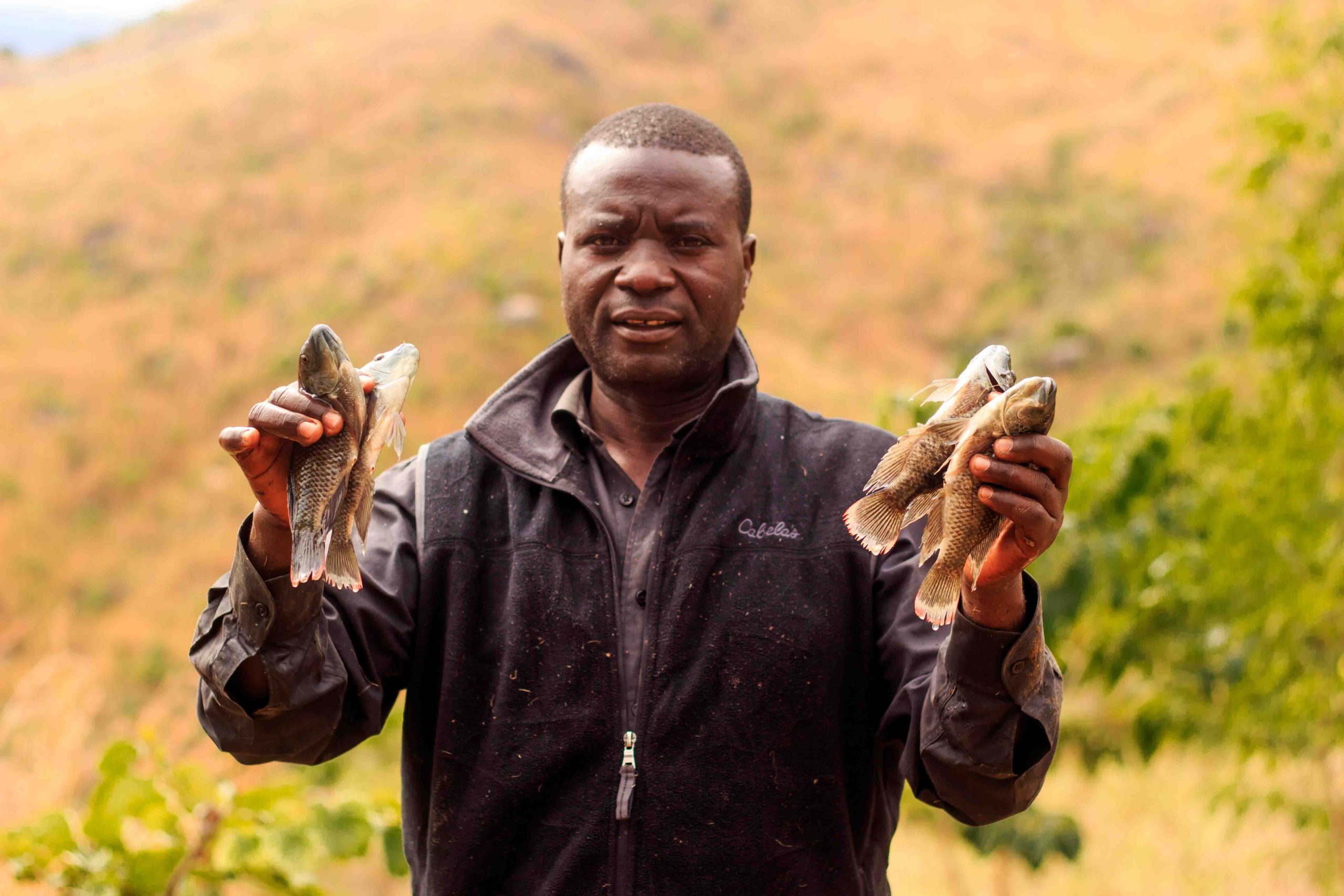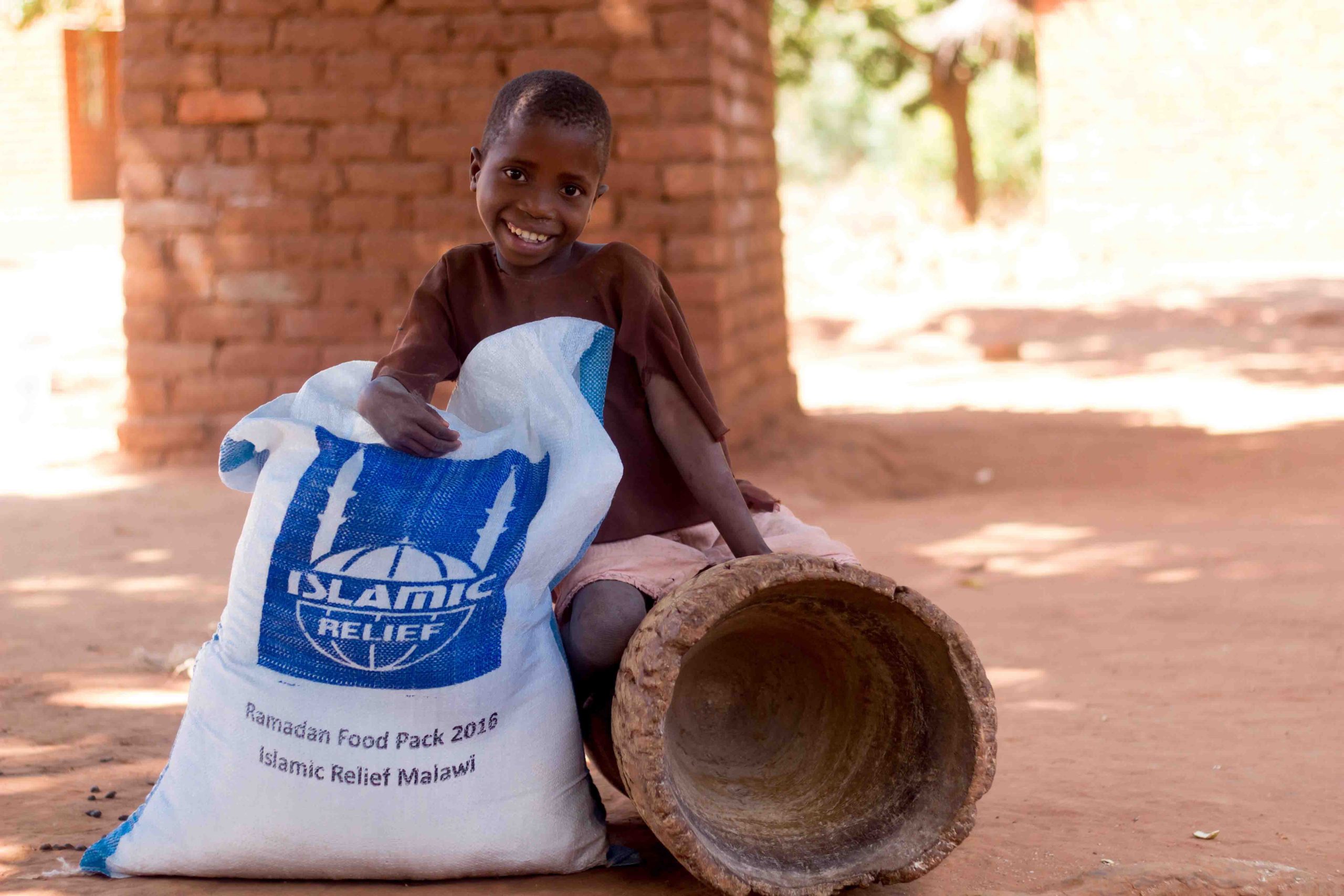A landlocked low income country, over 70% of Malawi’s population live on less than $1.09 (£1.40) a day. 80% of Malawi’s economy relies upon produce from smallholder farmers yet with the increased threat of climate induced events such as floods and droughts in line with the increasing impact of climate change are resulting in high inflation and high food prices. As a result, the livelihoods of many families are fragile and increasingly vulnerable.
With over a quarter of income based on agriculture, climate-induced disaster, poses a huge problem to local families. With extremely limited options to earn a livelihood when agriculture fails, families have few options to earn an income and provide food for their families.
For many people in Malawi life can be particularly challenging:
- Malawi has the 9th highest infection rate of HIV worldwide (UN World Food Programme, 2018)
- Around 57% of the population are illiterate (UNESCO, 2015)
- Only 10% of children attend secondary school (UNICEF, 2013)
- 37% of children under the age of five are stunted (UN World Food Programme, 2017)
Islamic Relief in Malawi
Islamic Relief Malawi was established in 2006, in response to the drought and following an official presidential request for international humanitarian support.
Following the initial emergency relief efforts, Islamic Relief is continuing with numerous developmental projects such as improving water, sanitation and irrigation facilities. We are also working in partnership with local communities to improve livelihoods, enabling local communities to support themselves and increase their ability to cope with droughts.

